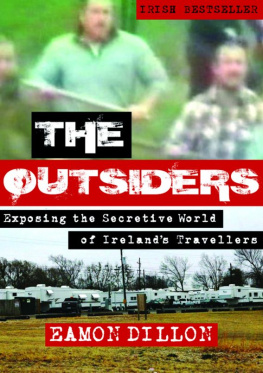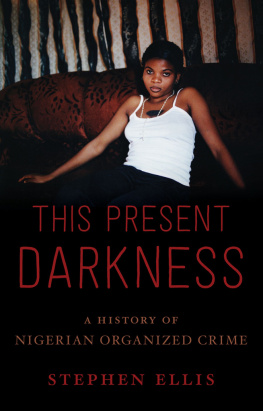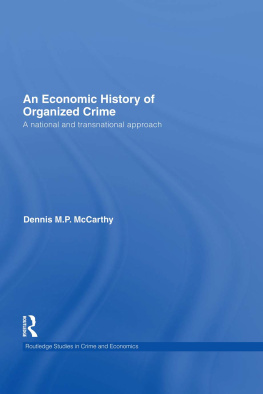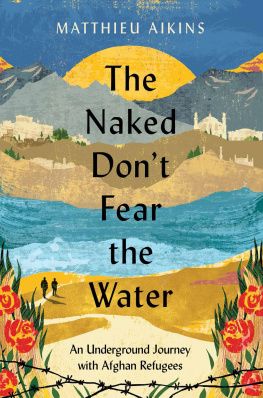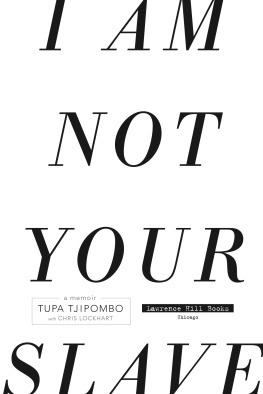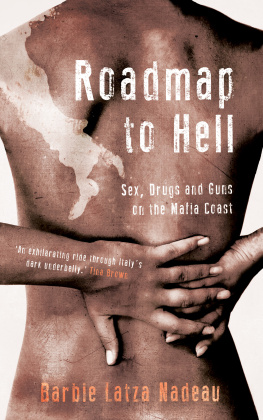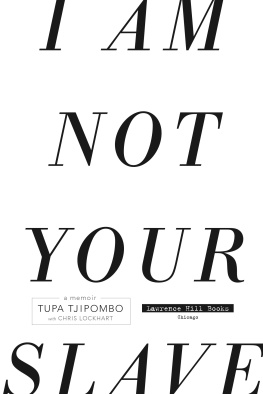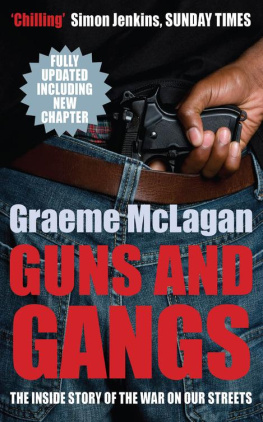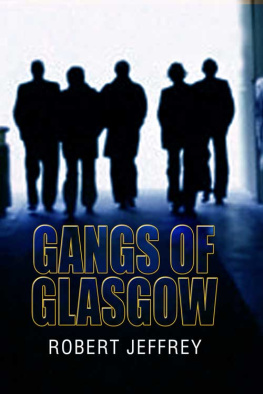A few entrepreneurs have put fortunes into renovating houses, planting flowers, bringing in horses with plaited manes the folkloric fantasy that drives tourism. There is a plan for a luxury posada- type hotel, but that would require a decent road and water and utilities, which means evicting smallholders. If that happens, the suicide rate will climb.
All that has nothing to do with me! cried the woman. But it did. She had left everything behind to live here. The house was humble and small, but the man owned it, and they wanted to be together. Their life adds up to riches compared with many.
Some poorer people in areas like this believe if they can stand their ground against hopelessness and invasion, digging in against all odds, then so should everyone else, from Mali to Uruguay. They want everything to stay as it was no matter how limited life has become, as a matter of dignity, and the presence of a trained professional willing to work as an underling is enraging. Strong young black men risking their lives in flimsy boats on the way to miserable jobs makes locals feel the futility of their own hanging-on. They know many in Spain look down on them as losers. The fact that some have white skin and blue eyes feels to some like another slap in the face.
What should we do? she asked.
What proof is there that you treated the man? Receipts? An appointment book?
The proof is in his mouth, but it doesn t have my signature on it. He gave me some cash, I hardly even counted it and I put it with the other money in the cash box. I didn t keep it for myself. Her residence permit allowed her to do domestic labour in this one house, nothing more. Since she could be charged with working illegally, my advice was to deny everything. If she was accused, that is, which was not certain. And I said I would ask advice of a friend in town.
Tarifa is Spain s southernmost town. I left my car and walked downhill towards the strait separating the Atlantic from the Mediterranean. I passed into the old centre of town, past the small white houses beloved of tourists, who were standing here and there taking snapshots. Red flowers toppled from pots on upper windowsills, but many shop fronts were empty. There were several new chain stores where locals were shopping. Cats darted across my path.
In the offices of the chamber of commerce, the man I wanted to consult was glad to get out into the breeze whipping in from the sea. We went to a terrace to drink coffee in view of one of the large ferryboats that go to Tangier.
The ferry company was bought by Germans, he said. They gave me a tour of the cockpit, or whatever they call it it s all computers. I didn t see a single mechanical device, only huge consoles and screens. Like Star Trek. But I have to be grateful they are keeping the ferries at all, so tourists will still pass through our town and spend a few pennies. He waved his hand at the small souvenir and crafts shops.
We talked tourism for a while, and then I asked if there was truth in a story about vigilantes on a campaign against migrants and foreigners. How bad is it?
He sighed ruefully. It s ugly but not very popular so far. Twelve kilometres to Tangier, that s all that separates us from Africa. Most of us have family and friends there. These vigilantes as you call them are ignorant peasants who have never taken a trip on this boat even to enjoy a glass of mint tea in Morocco. Shame on them. They blame everyone who was not born here that they can no longer make a go of it themselves.
What happens if they make a complaint or denounce someone? Have they done that?
The police of Tarifa have better things to do than He stopped and looked at me. You ve got someone in mind, someone you are working for, is that it? No, don t tell me. He put up his hand. Tell whoever it is to keep a low profile. Stay out of sight for a few days. If a report is made, the police have to visit, they can t ignore it. But the mayor has made it clear that pursuing illegals is not on his agenda. If someone wants to stay here and make a life, do some useful work and make a little money, we are not against them. Of course we can t talk openly about it, because the fascists start screaming, but it s true. Because my God, we all know how many people have left and are still leaving. There s no work here, not the kind of work they want to do. Look at the empty shop fronts. Rents have fallen.
THE
THREE-
HEADED
DOG
Laura Agust n
They had ruled the world for years and, at last, when they had made up their minds to climb out of the role, at least the others ought to have stayed out there in the rim, behaved themselves, gone somewhere else, or found some other client state. But no, they had always said that this was really home, the streets were paved with gold, and bloody hell, we just came to check out whether that was so or not. Stuart Hall, 1989
El sue o de la raz n produce monstruos. Francisco Goya, 1797
CHAPTER I
Clouds whipped in the wind as the remnants of a small boat bobbed in the distance. Plastic flotsam of broken bottles and torn bags washed towards land. She adjusted her binoculars to make out Arabic script on a broken box floating close to shore. Taking out her phone, she tapped in a number memorised from previous use. Reporting probable victims a few kilometres out. Then she got into her car and left without staying for the sunset, the arrival of rescue teams, reporters or washed-up bodies.
Traffic stopped. Some incident on the motorway, I assumed, and lit a cigarette. An abrupt movement on the hillside rising to the west caught my peripheral vision. The path through the brush runs close to the road here, as though agile sheep and goats wanted to peep at clumsier vehicles. But what I had seen was human a figure crouching and running on the path. When boats get this close to shore, foundering or not, many of those who were aboard them use el monte, the backcountry, to keep out of sight. This scrubby, dry bush is loomed over by wind turbines and wires, inhospitable for rubber-neckers. And what would tourists make of messages like Algeciras km scratched on rocks? Would they open the bags of old bread and harder cheese left under shrubs? Some say locals only stow them to ensure intruders keep moving. I heard the sound of feet scrambling on pebbles.
Before calling the shore patrol, I was visiting a house in Tarifa where a woman from Uruguay lived with a Spanish dentist. She was also a dentist in her own country, but she came here as a tourist, overstayed her visa and now worked as an unqualified assistant. She said it was not worth the rigmarole and effort required to become a legal dentist here. The problem, the reason they had called on me, was their fear that a patient had reported her for fixing his tooth on a day when she was alone.
He was crying with pain, begging me to help him. There was nowhere to send him, and I m not even allowed to write a prescription for a decent painkiller, so how else could I help him? He would have had to take a bus all the way to Algeciras to find someone to fix it, and it was the weekend. Was I really supposed to send him away?
The answer was yes, we all knew that. I asked why they thought the man had reported her.
There s a local vigilante group offering money for tips on the whereabouts of illegals. I saw the man in a shop the other day, and he turned his back. I mean, it was really obvious. Later we saw signs the vigilantes put up. It s all so stupid, as if I were taking a job away from anyone who lives around here. She handed us coffee in cracked mugs.
The thin dark-skinned man with black eyes shook his head. You know what it s like up there? He motioned north towards the



